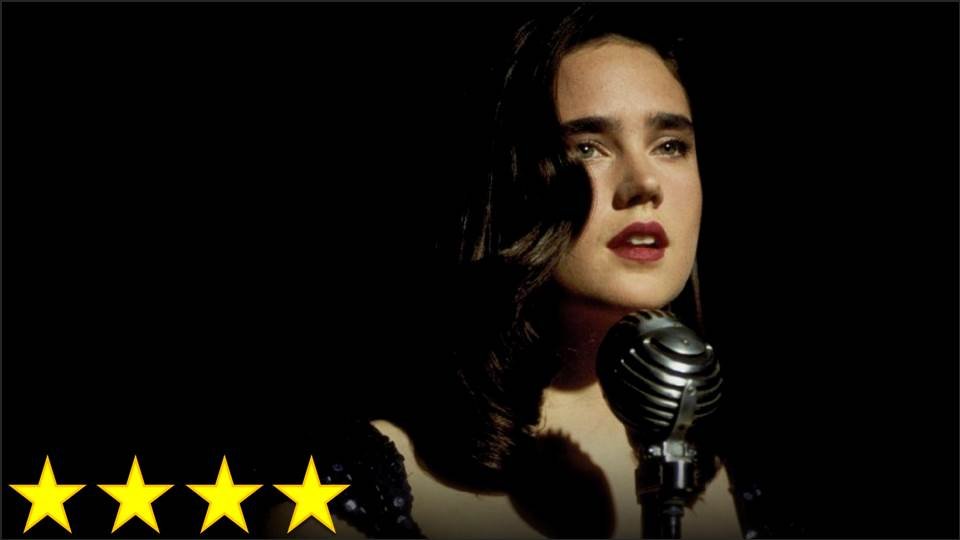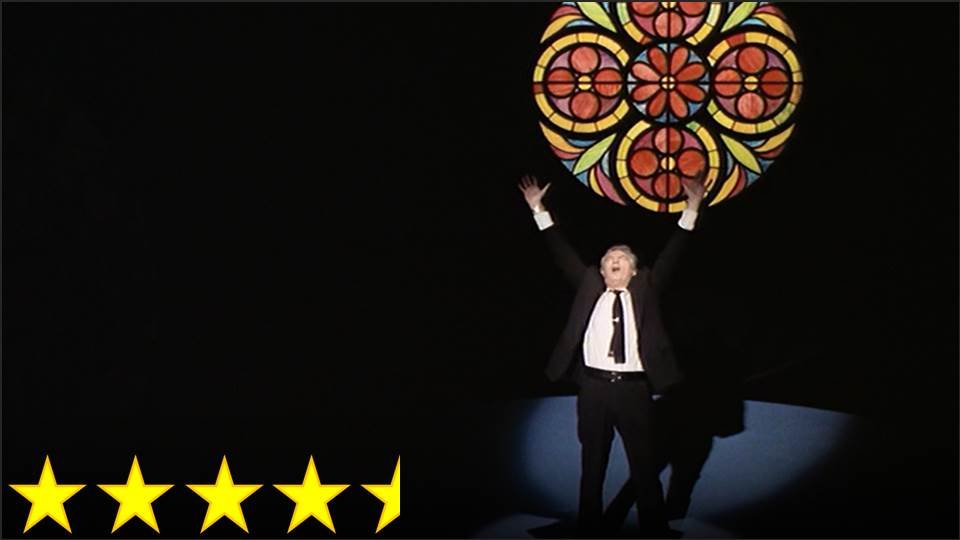SPOILER WARNING
I think I’m being very kind with my rating – perhaps overly kind. While I’m not sure I would say that I had high expectations for Psycho, I will say that I was hopeful. I have often been curious about how this film would work ever since I heard that it killed off its protagonist within the first act. I had concerns that the movie would feel like it had no real purpose after that scene, but fortunately, the structure of the movie is perfectly fine. The problem is that I nearly fell asleep watching it (and that is no exageration) because of how slow and boring it gets at times. It’s another one of those films that falls into the category of “tederesting” – films that are fascinating and keep me curious about how they will unfold, but don’t grab me emotionally and consequently leave me with an annoying sense of boredom. I can’t say I dislike it – some parts are genuinely chilling, and the ending is satisfyingly eerie – but it had such a hard time holding my attention that I can’t really consider it one of my favorites. It may not be the kind of horror classic one watches for a fun date night, but it is a fascinating example of the kinds of strange and surprising stories that can be told when a filmmaker has the boldness to play with the story structure and keep the audience guessing what could possibly come next. It’s not quite as good as The Birds, but it’s still worth the watch.





